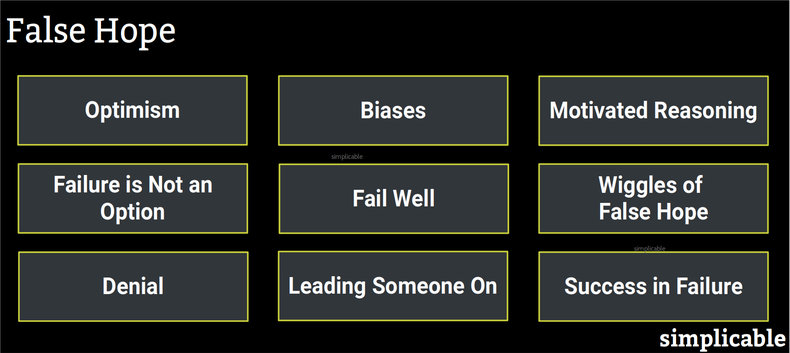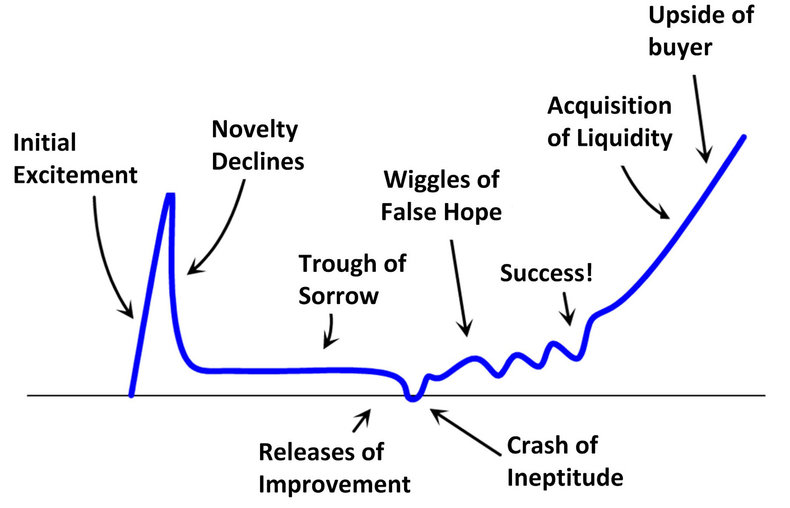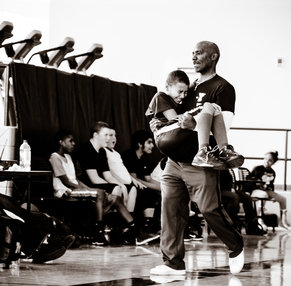

Optimism
Optimism is the practice on focusing on the good and potential in all situations, people and things. This tends towards underestimating risk and overestimating the chances of success. Optimism has serious advantages as it can be a source of happiness, motivation and bravery. However, taking optimism too far can result in false hope. For example, the optimism that you will win the lottery is a false hope because it is highly unlikely.Biases
Cognitive biases are a common source of false hope. For example, survivorship bias whereby you only consider the winners in a situation. For example, if you read the biography of a famous basketball player who worked hard, trained and rose to the top of his sport you might believe that you can do the same. However, in estimating your chances you need to consider the millions of basketball players who worked hard, trained and never achieved the same level of success.Motivated Reasoning
Motivated reasoning is the process of thinking of reasons to do what you feel motivated to do. This can be contrasted with an objective evaluation of all of your options. For example, a person who dreams to be a famous musician who cherry picks reasons as to why this is a good idea.Failure is Not an Option
Failure is not an option is the insistence that you will persevere and achieve a goal no matter what obstacles you may face. While perseverance is a useful and admirable trait a refusal to recognize a losing strategy or an inevitable failure is unintelligent and likely to be painful.Fail Well
Fail well is the opposite of failure is not an option whereby you accept that failure is a possibility but design change so that failures will be fast, cheap and safe. This makes false hope far less dangerous such that you can dare to be optimistic. For example, starting a small business on weekends without quitting your day job such that failure won't destroy you financially. You can also test the business out with cheap prototypes as opposed to going big right away.Wiggles of False Hope
In any risk taking enterprise there can be an extended period of time where there is no sign of success. This is known as the trough of sorrow. In the trough of sorrow you need to be careful to conduct honest sanity checks to make sure that you are right to continue on. This can be an extremely difficult time that is often punctuated by small successes known as wiggles of false hope. These are encouraging but also can be misleading if you are on the wrong track.
Denial
Denial is a coping mechanism whereby an individual is unable to face negative information so they pretend it doesn't exist. This can allow false hope to go on despite all evidence of inevitable failure. For example, an individual in a negative relationship who actively ignores just how bad things have become.Leading Someone On
Leading someone on is the poor practice of encouraging others to have false hope. Encouraging the hopes of others may appear kind on the surface but it often has unkind intentions behind it. Even where your intentions are kind, the results of leading someone on can be quite negative for the person as they are likely to be badly disappointed eventually. For example, pretending to be interested in a social relationship with someone when you aren't can have negative outcomes.Success in Failure
The real tragedy of false hope is that it prevents an individual from learning from failure or finding some value in it. If you can adopt a humble, flexible and realistic view of your failures they may contain the seeds of your greatest successes.Notes
False hope should not be confused with calculated risk taking whereby you recognize their is a high chance of failure and prepare accordingly.| Overview: False Hope | ||
Type | ||
Definition | An expectation that is extremely unlikely to be satisfied. | |
Related Concepts | ||

































